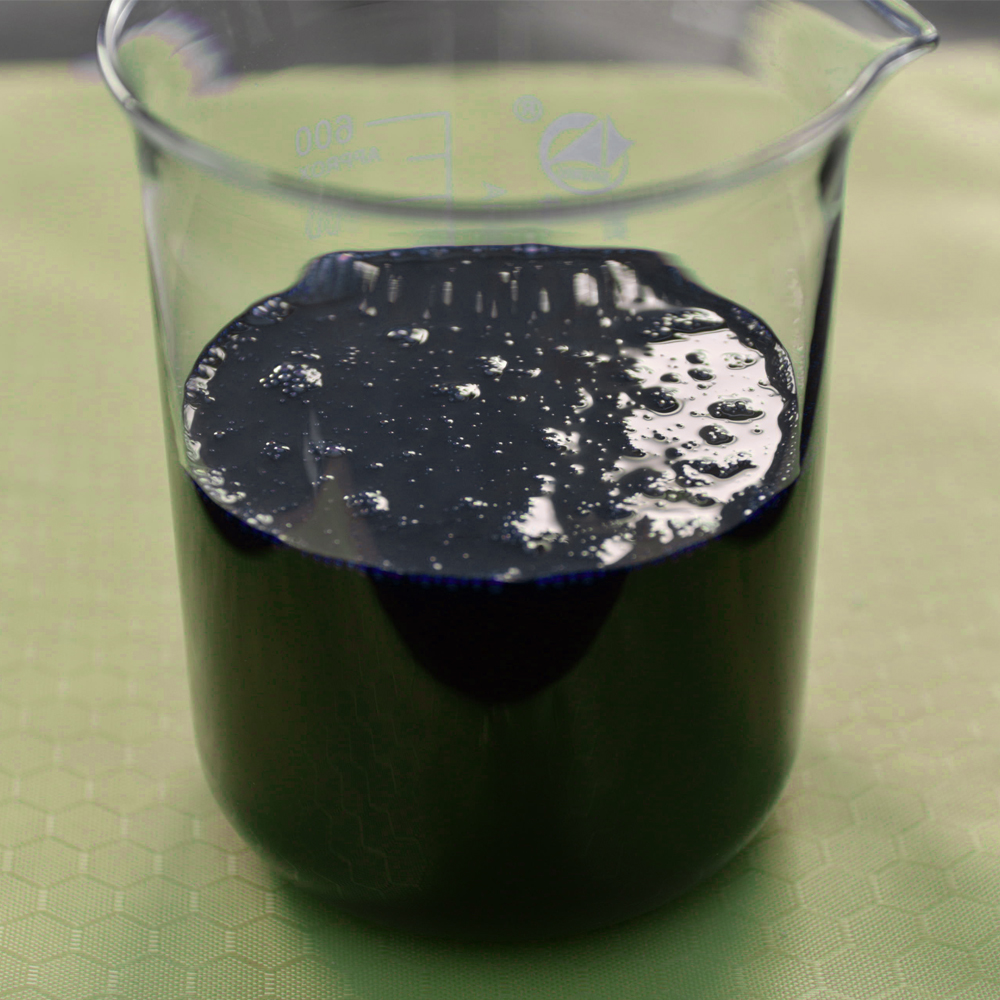Inhoudsopgave
Increased Workability and Compaction
Asphalt is a commonly used material in road construction due to its durability and ability to withstand heavy traffic. However, traditional hot mix asphalt production can be energy-intensive and have negative environmental impacts. In recent years, warm mix additives have gained popularity as a more sustainable alternative to hot mix asphalt production. These additives lower the production temperature of asphalt, resulting in reduced energy consumption and emissions. One of the key benefits of using warm mix additives is the increased workability and compaction of the asphalt mixture.
When warm mix additives are incorporated into the asphalt production process, the viscosity of the asphalt binder is reduced, making it easier to work with. This increased workability allows for better coating of aggregates, resulting in a more uniform and durable asphalt mixture. Additionally, the lower production temperature of warm mix asphalt reduces the risk of thermal segregation, which can Lead to uneven compaction and premature pavement failure.
The improved workability of warm mix asphalt also translates to better compaction during construction. Proper compaction is essential for ensuring the longevity and performance of the pavement. With warm mix additives, the asphalt mixture can be compacted at lower temperatures, which helps to achieve optimal density and reduce the risk of voids and air pockets in the pavement structure. This results in a smoother and more durable pavement surface that can better withstand heavy traffic loads and environmental factors.
In addition to the technical benefits of increased workability and compaction, warm mix additives offer practical advantages for asphalt producers and contractors. The lower production temperature of warm mix asphalt can lead to shorter mixing and paving times, which can help to improve project efficiency and reduce labor costs. Furthermore, the reduced emissions associated with warm mix production can help asphalt producers meet environmental regulations and sustainability goals.

Overall, the use of warm mix additives in asphalt production offers a range of benefits, including increased workability and compaction. By lowering the production temperature of asphalt, these additives improve the handling and placement of the material, resulting in a more uniform and durable pavement structure. The practical advantages of warm mix additives, such as shorter production times and reduced emissions, make them an attractive option for asphalt producers looking to improve the sustainability and efficiency of their operations.
In conclusion, the benefits of using warm mix additives in asphalt production are clear. By increasing workability and compaction, these additives help to create a more durable and sustainable pavement structure. Asphalt producers and contractors can take advantage of the technical and practical advantages of warm mix additives to improve project efficiency, reduce costs, and meet environmental regulations. As the demand for sustainable construction practices continues to grow, warm mix additives are likely to play an increasingly important role in the future of asphalt production.
Reduced Energy Consumption and Emissions
Asphalt production is a crucial aspect of road construction and maintenance, as it provides the durable and smooth surface necessary for safe and efficient transportation. Traditionally, hot mix asphalt (HMA) has been the standard method for producing asphalt, requiring high temperatures to mix and lay the material. However, in recent years, warm mix additives have gained popularity in the industry due to their numerous benefits.
One of the key advantages of using warm mix additives in asphalt production is the reduced energy consumption. Unlike HMA, which requires high temperatures to mix and lay the material, warm mix additives allow for lower mixing and compaction temperatures. This not only saves energy but also reduces the overall carbon footprint of the production process. By using warm mix additives, asphalt producers can significantly decrease their energy consumption and operating costs, making it a more sustainable and environmentally friendly option.
In addition to reducing energy consumption, warm mix additives also help to lower emissions during the production process. The lower mixing and compaction temperatures required for warm mix asphalt result in reduced emissions of greenhouse gases and other harmful pollutants. This is especially important in today’s world, where environmental concerns are at the forefront of many industries. By using warm mix additives, asphalt producers can contribute to a cleaner and healthier Environment for future generations.
| Number | Commodity Name |
| 1 | Warm Mixing asphalt composition boosters |
Furthermore, the use of warm mix additives in asphalt production can improve the workability and compaction of the material. The lower temperatures required for warm mix asphalt allow for better coating and adhesion of the aggregate particles, resulting in a more uniform and durable pavement. This can lead to longer-lasting roads with fewer maintenance issues, ultimately saving time and money for both producers and taxpayers.
Another benefit of using warm mix additives is the extended paving season that it allows for. With traditional HMA, cold weather can pose challenges for asphalt producers, as the material may not set properly in low temperatures. However, warm mix additives offer improved workability and compaction at lower temperatures, allowing for paving to continue even in colder weather conditions. This can help to extend the construction season and ensure that projects are completed on time and within budget.
Overall, the benefits of using warm mix additives in asphalt production are clear. From reduced energy consumption and emissions to improved workability and extended paving seasons, warm mix additives offer a more sustainable and cost-effective alternative to traditional HMA. As the industry continues to prioritize environmental sustainability and efficiency, the use of warm mix additives is likely to become more widespread. By incorporating warm mix additives into asphalt production processes, producers can not only improve the quality of their products but also contribute to a greener and more sustainable future for the road construction industry.

